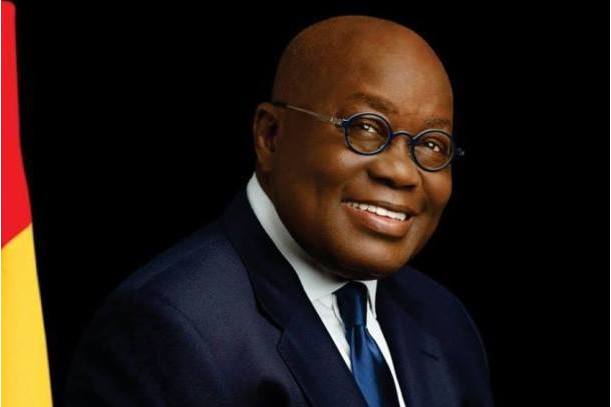Latest News
Ghana's debt to exceed 76 per cent of GDP in 2017 – Moody's

News Highlight
- The Ghanaian government recently revealed previously undisclosed debts of 7 billion cedis ($1.6 billion).
Moody’s Investors Service has reported that Ghana’s debt as a percentage of the country's gross domestic product will peak at over 76% in 2017 before declining in 2018. According to data provided by the Bank of Ghana, the West African country's debt to GDP ratio exceeded 70% in June last year after total public debt rose to $23.7 billion.
On January 31, 2017 the Ghanaian government revealed previously undisclosed debts of 7 billion cedis ($1.6 billion). In an emailed statement on Monday, Moody’s said that Ghana's worse-than-expected budget deficit will worsen the country's currency volatility, thereby increasing its funding demands to finance the deficit.
The ratings agency also said the cedi will weaken by 6% from about 4.20 cedis per dollar at the end of last year to 4.45 cedis against the dollar this year and 4.55 cedis in 2018.
Earlier in January, the central bank had urged the government to narrow the budget deficit as initial data for January through November 2016 showed a fiscal deficit of 7% of GDP. The previous administration of President John Mahama had brought down the deficit from 10.2% of GDP in 2014 to 7.3% in 2015, while pledging to further reduce it to 5.3% in 2016.
Following the discovery of the 7 billion cedis undisclosed expenditure, Finance Minister, Ken Ofori-Atta, said the shortfall in 2016 could be close to "double digits." The Finance Minister in the new administration of President Nana Akufo-Addo, however, said the fiscal deficit for 2017 will be two to three percentage points lower than last year’s figure.
Ghana is in the process of implementing a $1 billion three-year International Monetary Fund programme designed to check the sliding cedi, rising inflation, and the country’s deteriorating public finances. In September 2016, the IMF approved the disbursement of $116.2 million to Ghana under the Extended Credit Facility arrangement, as total disbursement under the programme reached $464.6 million.
Part of the conditionalities of the programme is fiscal adjustment. The country's debt-to-GDP steadily increased from 56% in 2013 to the current figure. Ghana is currently undergoing talks with the IMF and carrying out an audit of the undisclosed spending.
“By the end of the IMF visit, the process of discovery and certainty and validation would have gone a long way,” Ofori-Atta told Bloomberg.
In terms of Ghana's economic growth, Moody's said GDP growth rate is expected to accelerate from 3.8% in 2016 to 6.5% in 2017 and 7.5% next year.
Related News
Latest Blogs
- Threats and mitigation strategies against plastic waste in agriculture
- Iran v Israel, what it means for Nigeria
- CBN’s new false solutions for the banks
- Tinubu, Fubara, Wike and the fragility of democracy
- Historical insights for Nigerian Cabotage Vessel Financing Fund
Most Popular News
- Artificial intelligence can help to reduce youth unemployment in Africa – ...
- Allianz identifies wildfires as a growing global threat
- UNESCO highlights economic, cultural potential of Africa's book industry
- Mobile industry emissions cut must double to hit net zero
- Global carbon pricing mobilises over $100 billion for public budgets
- Global foreign direct investment falls for second consecutive year – UNCTAD









